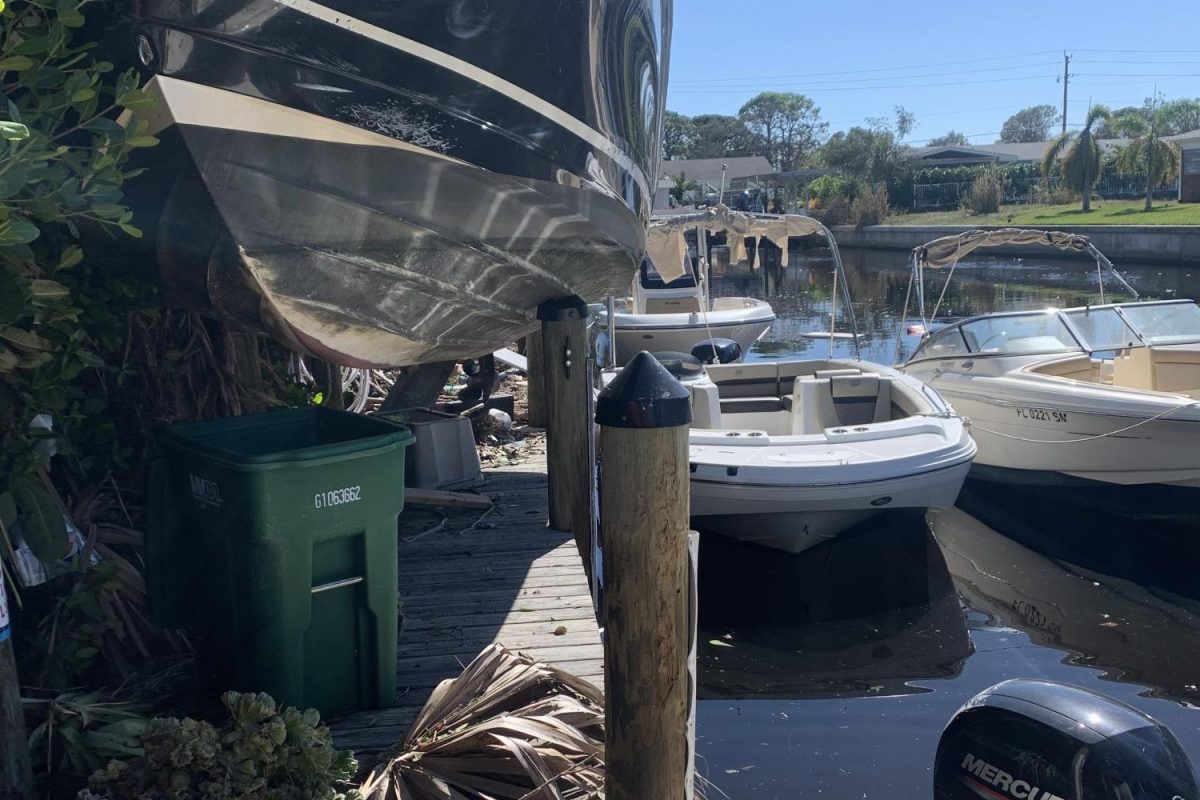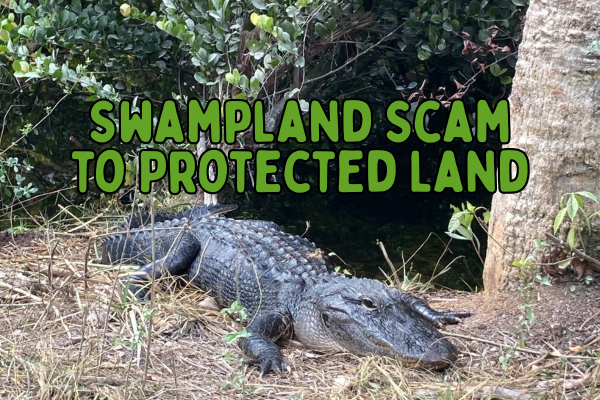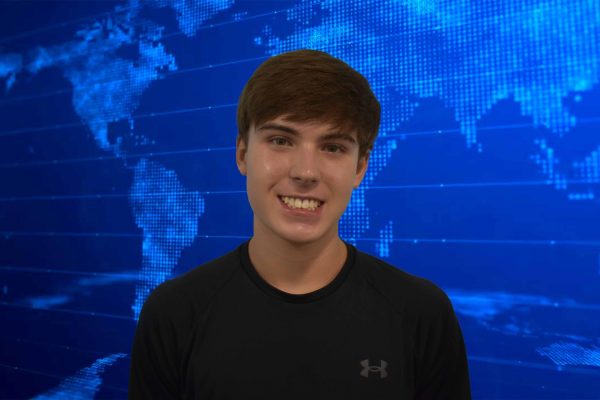It’s September, the peak of Florida’s annual hurricane season. As more storms roll around, it is important to understand how they form.
Most of Florida’s hurricanes originate in the Atlantic Ocean near the equator. Due to the region’s warm ocean and air temperatures, it serves as an ideal environment for them to form. As global temperatures continue to rise, so will the strength and frequency of these storms. Just this summer, ocean temperatures in the Florida Keys rose above 101 °F, setting a new record. This goes to show the impact that global warming is already having, and water temperatures are predicted to be even higher in years to come.
In addition to temperature and climate, hurricane formation relies on the atmospheric pressure system. To keep it simple: cold air, generally under high pressure, sinks to the earth’s surface while warm air, generally under low pressure, rises. This phenomenon creates a pressure gradient, preventing air from remaining still. The extreme differences in air pressure present during storms can enhance this effect, causing all of the surrounding high-pressure air and moisture to be drawn into the core of the storm. This center of low-pressure air is commonly known as an eye. Under these circumstances, ordinary storms can potentially strengthen into hurricanes, creating high-speed winds and heavy precipitation.

After these storms strengthen along their paths they can pose new threats to coastal towns and cities. Aside from heavy winds and rainfall, hurricanes can cause other issues such as storm surges. As the storm winds blow across the ocean’s surface, they can displace a large amount of water, leading to a storm surge. Storm surges cause water to rise above seawalls, acting as a wave that adds water on top of the unusually high tides. Storm surges cause flooding that results in billions of dollars worth of damage to coastal homes and properties. Just last year Hurricane Ian brought storm surges of almost 14 feet to Fort Myers Beach. While coastal towns and cities like Fort Myers are generally built to withstand hurricanes, intense storms like Ian can cause catastrophic damage.
Now, why do some hurricanes dissipate before they even make landfall? Hurricanes have one major weakness: cold temperatures. As hurricanes travel through cold waters, less water can evaporate and fewer clouds can form, ultimately weakening the storms.
While it’s essential to be prepared for hurricanes, most weaken before they can cause damage. The best thing we can do is have a plan if one of these storms is projected to impact us.









